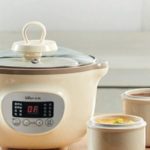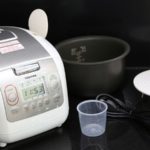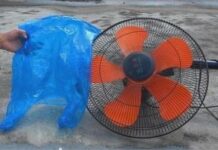Sudden spikes in electricity bills can be alarming for many households, and understanding the reasons behind them is essential. Daily cooking habits with electric stoves can significantly contribute to higher electricity consumption. Let’s explore 5 common cooking habits that may be driving up your electricity costs!
1 Cooking at High Temperatures Continuously
Using high temperatures for cooking will increase electricity consumption as the electric stove’s power remains at a maximum level. This habit can also overload the stove and reduce its lifespan. It’s best to give your stove a break after cooking at high temperatures and before continuing to avoid overworking it.
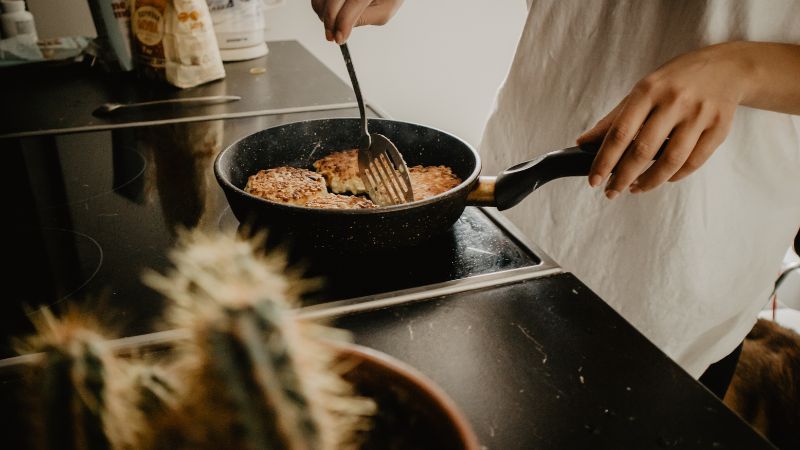 Cooking at High Temperatures Continuously
Cooking at High Temperatures Continuously
2 Adjusting Temperature Before Placing the Pot
Some people have the habit of adjusting the temperature first before placing the pot or pan on the stove. However, this practice is inefficient and leads to higher electricity consumption. To save electricity and time, always place the cookware on the stove first and then adjust the temperature.
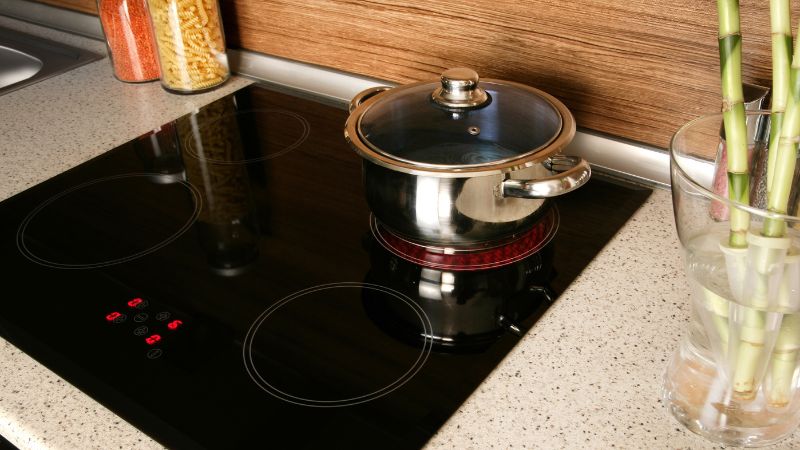 Adjusting Temperature Before Placing the Pot
Adjusting Temperature Before Placing the Pot
3 Not Regularly Cleaning the Stove
Electric stoves can easily get dirty after cooking due to food residue and grease. If not cleaned regularly, especially when used at high temperatures, the stove may malfunction. Dirt and grime can also reduce the stove’s heat conduction, resulting in longer cooking times and higher electricity usage.
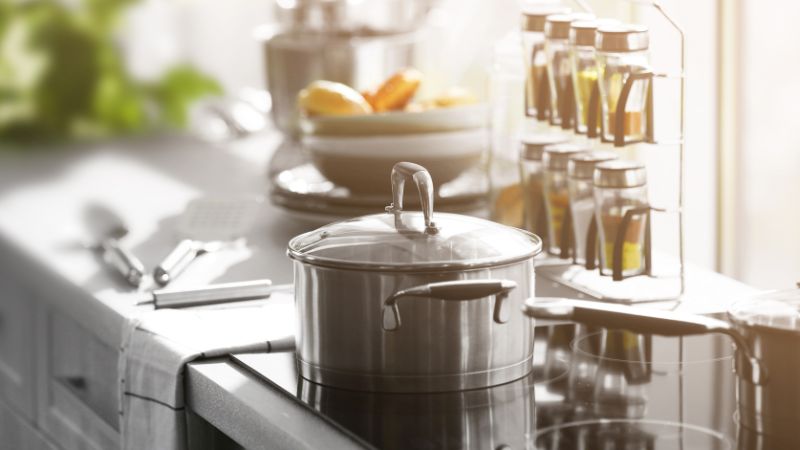 Not Regularly Cleaning the Stove
Not Regularly Cleaning the Stove
4 Unplugging the Stove Right After Cooking
Unplugging the stove immediately after cooking will prevent the cooling fan from working, causing the stove to cool down slowly. Over time, this can reduce the stove’s lifespan. It’s best to wait for the stove to cool down completely before unplugging it to ensure proper cooling.
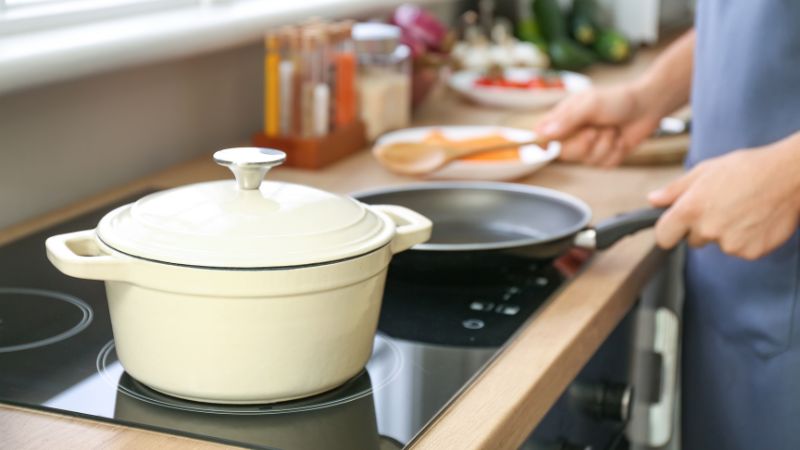 Unplugging the Stove Right After Cooking
Unplugging the Stove Right After Cooking
5 Leaving Rice Cookers and Electric Kettles Plugged In
Leaving rice cookers and electric kettles plugged in when not in use is a common habit that can increase electricity consumption and your bill. Be sure to unplug these appliances when not in use to save electricity.
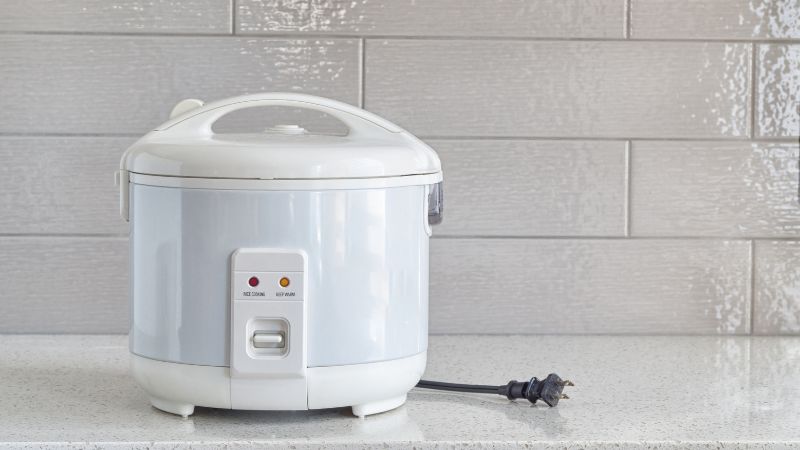 Leaving Rice Cookers and Electric Kettles Plugged In
Leaving Rice Cookers and Electric Kettles Plugged In
These are our insights into 5 common cooking habits that may be contributing to higher electricity bills. Thank you for reading, and stay tuned for more informative articles on our website!
Important Guidelines to Follow When Utilizing a Washing Machine’s Dryer Function
If you’re looking for ways to maximize the efficiency of your washing machine and dryer, we’ve got just the advice for you! Follow a few simple guidelines and you can increase the performance of your machines, save time and energy, and reduce noise levels. To get started, here’s a look at the best practices for using the dryer function of your washing machine!
Increases in Energy Efficiency Achieved with Slow Cookers
As the demand for convenient cooking continues to rise, more and more families, especially those with young children, are turning to slow cookers as a way to create healthy and tasty meals with minimal effort. With so many settings and benefits, slow cookers offer a great solution for busy households.
Are Gas Stoves Safer than Electric Stoves? Expert Report Reveals Surprising Results
 Stoves Safer than Electric Stoves? Expert Report Reveals Surprising Results’>
Stoves Safer than Electric Stoves? Expert Report Reveals Surprising Results’>In every household, the need for using various types of stoves such as gas stoves, electric stoves, or induction stoves for cooking is absolutely essential.
“Why Many Women Suddenly Complain About Air Fryers Consuming Too Much Electricity – What’s the Truth?”
It turns out the story has many twists and turns, far from being simple.


